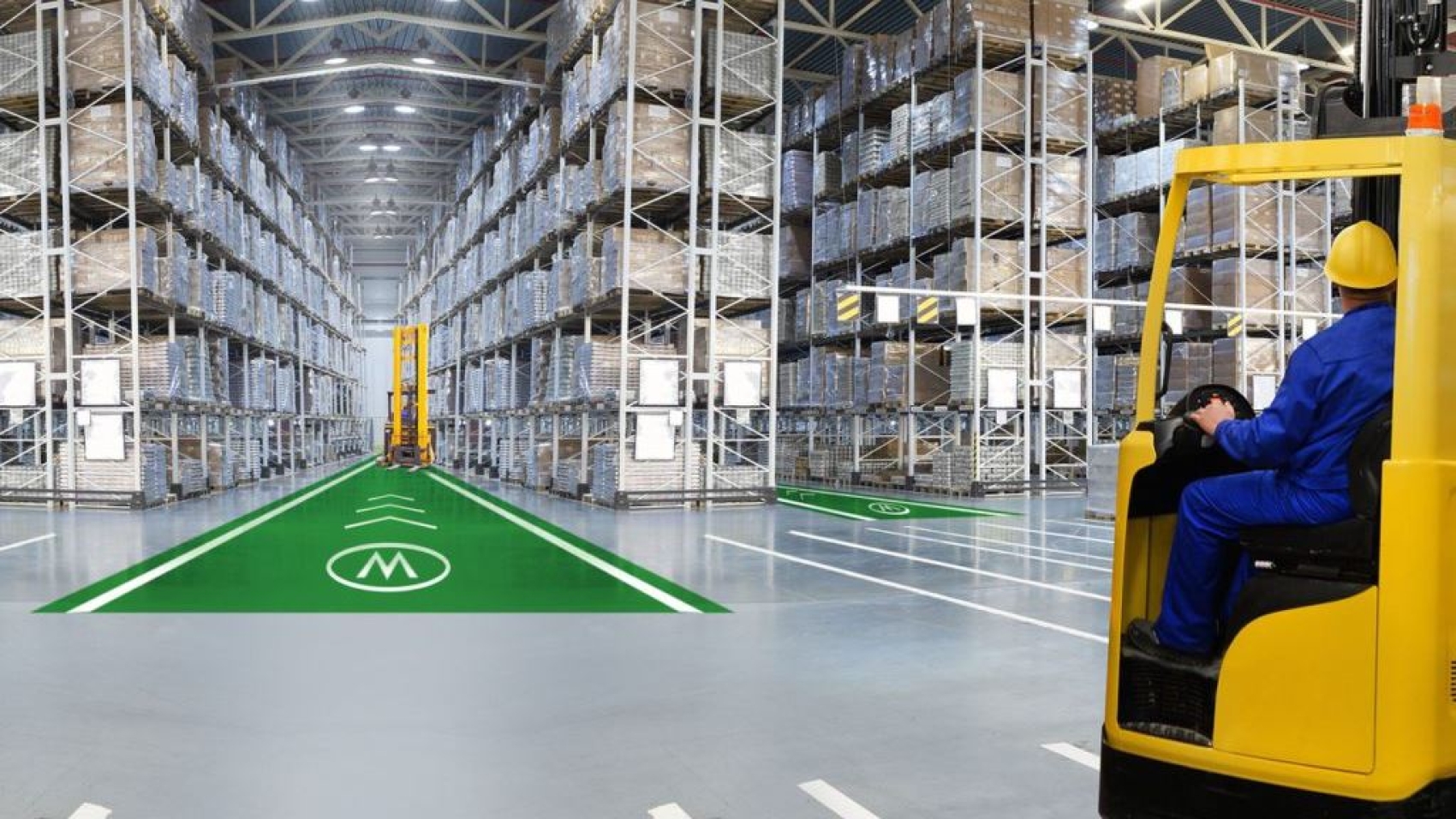In the digital age, the logistics industry is undergoing a profound transformation driven by technological advancements and changing consumer expectations. Digital transformation, characterized by the integration of digital technologies into all aspects of business operations, is revolutionizing how goods are transported, tracked, and managed across the supply chain. In this comprehensive guide, we will explore the multifaceted role of digital transformation in modern logistics and its impact on efficiency, visibility, and innovation.
1. Enhanced Efficiency and Automation: Digital transformation streamlines logistics processes, reducing manual tasks and improving operational efficiency. Automation technologies such as robotics, artificial intelligence (AI), and machine learning optimize warehouse operations, inventory management, and order fulfillment. Automated systems can handle repetitive tasks with greater speed and accuracy, allowing companies to reduce labor costs, minimize errors, and meet customer demands more effectively.
2. Real-time Visibility and Tracking: Digital technologies provide real-time visibility and tracking capabilities throughout the supply chain, enabling greater transparency and control over shipments. Internet of Things (IoT) devices, sensors, and telematics solutions monitor the location, condition, and status of goods in transit, allowing stakeholders to track their movement and make informed decisions proactively. Advanced tracking systems enhance supply chain visibility, reduce the risk of delays or disruptions, and improve customer service by providing accurate delivery estimates.
3. Data-driven Decision Making: Digital transformation empowers logistics companies to leverage data analytics and predictive insights to make informed decisions and optimize operations. Big data analytics algorithms analyze vast amounts of data from multiple sources, including historical shipping data, market trends, and customer preferences, to identify patterns, trends, and opportunities for improvement. Data-driven decision-making enables companies to optimize routes, allocate resources efficiently, and respond rapidly to changing market dynamics, enhancing agility and competitiveness.
4. Supply Chain Collaboration and Connectivity: Digital technologies facilitate collaboration and connectivity among supply chain partners, enabling seamless communication and coordination across disparate systems and stakeholders. Cloud-based platforms, collaboration tools, and supply chain networks provide a centralized platform for sharing information, collaborating on projects, and managing relationships with suppliers, carriers, and customers. Enhanced collaboration fosters greater transparency, agility, and innovation within the supply chain ecosystem, driving operational excellence and value creation.
5. Customer-centric Logistics Solutions: Digital transformation enables logistics companies to deliver personalized and responsive customer experiences through omni-channel communication, real-time tracking, and delivery flexibility. Customer-facing applications, mobile apps, and e-commerce platforms empower customers to track their shipments, modify delivery preferences, and receive proactive notifications about order status. By leveraging digital technologies to enhance customer engagement and satisfaction, logistics companies can differentiate themselves in a competitive market and build long-term loyalty.
6. Continuous Innovation and Adaptation: Digital transformation fosters a culture of continuous innovation and adaptation within the logistics industry, driving the development of new technologies, business models, and service offerings. Companies are investing in emerging technologies such as blockchain, autonomous vehicles, and drones to explore new opportunities for efficiency, sustainability, and differentiation. By embracing digital innovation and experimentation, logistics companies can stay ahead of the curve, anticipate future trends, and capitalize on emerging opportunities in the rapidly evolving marketplace.
In conclusion, digital transformation is reshaping the logistics industry, unlocking new opportunities for efficiency, visibility, and innovation. By embracing digital technologies and adopting a strategic approach to transformation, logistics companies can enhance their competitiveness, drive growth, and deliver value to customers in an increasingly digital world.



